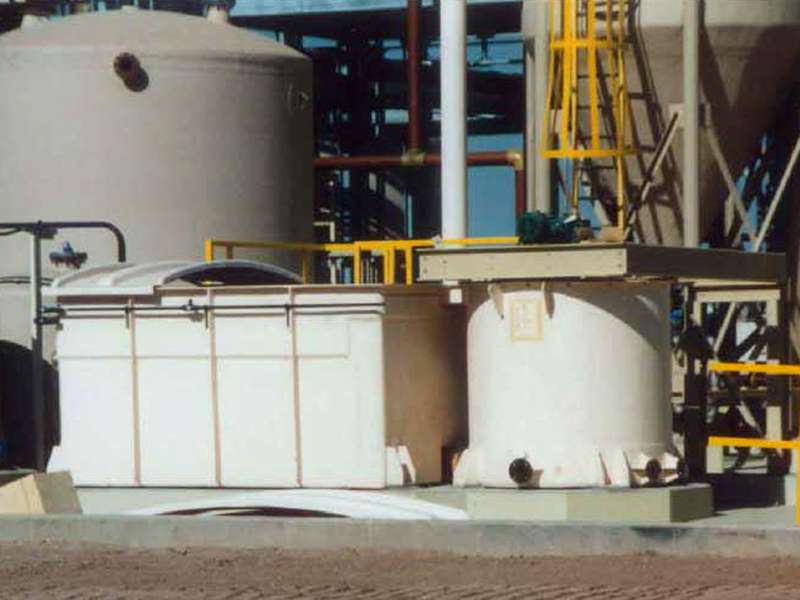
-
 Afrikaans
Afrikaans -
 Albanian
Albanian -
 Amharic
Amharic -
 Arabic
Arabic -
 Armenian
Armenian -
 Azerbaijani
Azerbaijani -
 Basque
Basque -
 Belarusian
Belarusian -
 Bengali
Bengali -
 Bosnian
Bosnian -
 Bulgarian
Bulgarian -
 Catalan
Catalan -
 Cebuano
Cebuano -
 China
China -
 China (Taiwan)
China (Taiwan) -
 Corsican
Corsican -
 Croatian
Croatian -
 Czech
Czech -
 Danish
Danish -
 Dutch
Dutch -
 English
English -
 Esperanto
Esperanto -
 Estonian
Estonian -
 Finnish
Finnish -
 French
French -
 Frisian
Frisian -
 Galician
Galician -
 Georgian
Georgian -
 German
German -
 Greek
Greek -
 Gujarati
Gujarati -
 Haitian Creole
Haitian Creole -
 hausa
hausa -
 hawaiian
hawaiian -
 Hebrew
Hebrew -
 Hindi
Hindi -
 Miao
Miao -
 Hungarian
Hungarian -
 Icelandic
Icelandic -
 igbo
igbo -
 Indonesian
Indonesian -
 irish
irish -
 Italian
Italian -
 Japanese
Japanese -
 Javanese
Javanese -
 Kannada
Kannada -
 kazakh
kazakh -
 Khmer
Khmer -
 Rwandese
Rwandese -
 Korean
Korean -
 Kurdish
Kurdish -
 Kyrgyz
Kyrgyz -
 Lao
Lao -
 Latin
Latin -
 Latvian
Latvian -
 Lithuanian
Lithuanian -
 Luxembourgish
Luxembourgish -
 Macedonian
Macedonian -
 Malgashi
Malgashi -
 Malay
Malay -
 Malayalam
Malayalam -
 Maltese
Maltese -
 Maori
Maori -
 Marathi
Marathi -
 Mongolian
Mongolian -
 Myanmar
Myanmar -
 Nepali
Nepali -
 Norwegian
Norwegian -
 Norwegian
Norwegian -
 Occitan
Occitan -
 Pashto
Pashto -
 Persian
Persian -
 Polish
Polish -
 Portuguese
Portuguese -
 Punjabi
Punjabi -
 Romanian
Romanian -
 Russian
Russian -
 Samoan
Samoan -
 Scottish Gaelic
Scottish Gaelic -
 Serbian
Serbian -
 Sesotho
Sesotho -
 Shona
Shona -
 Sindhi
Sindhi -
 Sinhala
Sinhala -
 Slovak
Slovak -
 Slovenian
Slovenian -
 Somali
Somali -
 Spanish
Spanish -
 Sundanese
Sundanese -
 Swahili
Swahili -
 Swedish
Swedish -
 Tagalog
Tagalog -
 Tajik
Tajik -
 Tamil
Tamil -
 Tatar
Tatar -
 Telugu
Telugu -
 Thai
Thai -
 Turkish
Turkish -
 Turkmen
Turkmen -
 Ukrainian
Ukrainian -
 Urdu
Urdu -
 Uighur
Uighur -
 Uzbek
Uzbek -
 Vietnamese
Vietnamese -
 Welsh
Welsh -
 Bantu
Bantu -
 Yiddish
Yiddish -
 Yoruba
Yoruba -
 Zulu
Zulu
frp products for steel smelting plant
The Role of FRP Products in Steel Smelting Plants
In the steel industry, efficiency and durability are paramount, especially in the harsh environments of steel smelting plants. One significant advancement that has revolutionized this sector is the application of Fiber Reinforced Polymer (FRP) products. These composite materials, known for their strength, durability, and resistance to corrosion, are increasingly being utilized in various aspects of steel smelting operations.
What is FRP?
Fiber Reinforced Polymer (FRP) is a composite material made by combining a polymer matrix with fibers to enhance its physical properties. The most commonly used fibers include glass, carbon, and aramid, while the polymer matrix is often epoxy, polyester, or vinyl ester. The combination of these materials results in a lightweight, yet incredibly strong product that can withstand extreme operating conditions, making it an ideal choice for steel smelting plants.
Advantages of FRP Products in Steel Smelting
1. Corrosion Resistance One of the primary challenges in steel smelting is the corrosive environment due to high temperatures and exposure to various chemicals. Traditional materials may suffer from wear and tear, leading to costly repairs and downtime. FRP, on the other hand, is highly resistant to corrosion, reducing maintenance needs and extending the lifespan of equipment and structures within the plant.
2. Lightweight Nature The lightweight characteristics of FRP products allow for easier handling and installation. This is particularly advantageous in the construction of racks, platforms, and other support structures in smelting operations. The reduced weight translates to lower shipping costs and easier integration into existing systems.
3. Strength and Durability FRP materials exhibit high tensile strength, making them capable of bearing heavy loads without deformation. This durability ensures that components like ducting, tanks, and structural supports can withstand the rigors of the smelting process without compromising safety or performance.
4. Temperature Resistance Steel smelting involves extremely high temperatures, demanding materials that can retain their integrity and performance. FRP can be engineered to withstand elevated temperatures, ensuring that it performs effectively in the face of intense thermal stress.
frp products for steel smelting plant

5. Environmental Benefits The application of FRP in steel smelting also presents environmental advantages. The longevity of FRP products means less frequent replacement, reducing waste. Additionally, as the industry advances towards sustainability, FRP can be designed to be recyclable, promoting a circular economy.
Applications of FRP in Steel Smelting Plants
FRP products find a variety of applications within steel smelting facilities. Here are a few notable examples
- Cooling Towers FRP is an excellent choice for constructing cooling towers, where resistance to both temperature and corrosion is critical. Its lightweight nature facilitates installation while providing high structural integrity.
- Piping Systems In steel smelting, fluid transfer is essential, and corrosion-resistant piping made of FRP can significantly reduce failures caused by chemical exposure, leading to increased uptime.
- Structural Components FRP can be used to create beams, columns, and other support structures that withstand the harsh conditions of smelting environments while being less prone to corrosion-related degradation.
- Safety Barriers and Walkways The slip-resistant and lightweight nature of FRP makes it ideal for creating safe walkways and barriers around smelting operations, enhancing worker safety.
Conclusion
The integration of Fiber Reinforced Polymer products into steel smelting plants presents an innovative solution to the numerous challenges posed by the industry. As the demand for efficiency, durability, and sustainability continues to grow, FRP materials provide a promising alternative to traditional materials. By reducing maintenance costs, increasing operational efficiency, and improving safety, FRP is indeed paving the way for a more resilient and productive future in steel smelting. Embracing such advancements can significantly contribute to the overall performance and sustainability of steel production, ultimately benefiting the economy and the environment.









